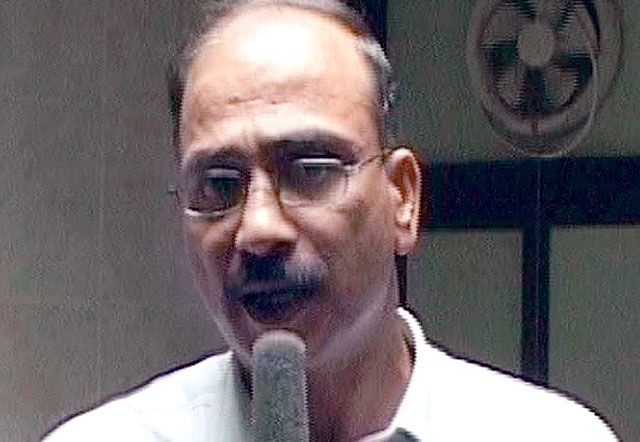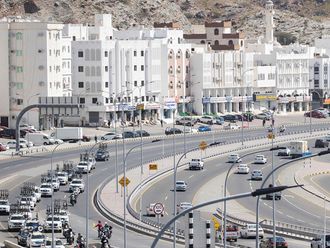Muscat: His mobile phone rings at least 40 to 50 times a day. However, the number has doubled since the crackdown by the Ministry of Manpower in Oman because P.M. Jabir is a champion for low-wage workers in distress.
Jabir, 50, has coordinated with missions for poor workers for over two decades and believes the problem of workers employed in jobs other than those specified in their residents' visas is not so easy to wish away. "I think Indians could amount to 100,000 in number who are currently working in jobs other than they were brought here for."
He says he has created a network of volunteers to enhance coordination and at the same time help expatriate workers in trouble in remote areas.
It all started with the Kairali Arts Club way back in 1988.
"The organisation had to be disbanded after new laws regarding organisation for expatriates in Oman," he said, but he is happy the network of volunteers from that club are useful today in helping people in distress.
Jabir, who is popular among the expatriate community from southern India, has bagfuls of heart-rending anecdotes. Jabir's help was sought when the Indian embassy was faced with the problem of unclaimed bodies of workers.
"In the 80s we had a problem sending bodies home and we took up the issue. Now, Air India takes bodies without any charge."
Threatened
"We had a case of a well-to-do expatriate from Kerala, who died a day before he was to leave for good but his kin in India refused to accept the body and we cremated him here," he said.
He says the major problem that they tackle here is the abuse of housemaids.
"In a day I get at least five to six calls from distressed housemaids," he says.
Jabir agreed that there are some measures by the Indian embassy to curb this problem.
"But the measures are not enough as the mandatory mobile phone goes off the moment the maid reaches the place of work and she never gets paid the minimum wage of 70 Omani riyals [Dh667]," he said.
Jabir agrees a good number out of the 50,000 Indian maids employed here are treated well but those mistreated need help.
"This is where we use our vast network of volunteers, especially in remote fishing areas to give a fair deal to the maids in trouble," he said, while praising the local authorities for their help and cooperation.
He would like to see a permanent shelter for distressed maids in Oman run by the local authorities.
He has even been threatened when he exposed a prostitution racket run by some Indians in Oman.
"I don't fear for my life, I will continue helping people in distress, across nationalities, religious or political affiliations," thundered the man whose mission is to answer every crisis call.













